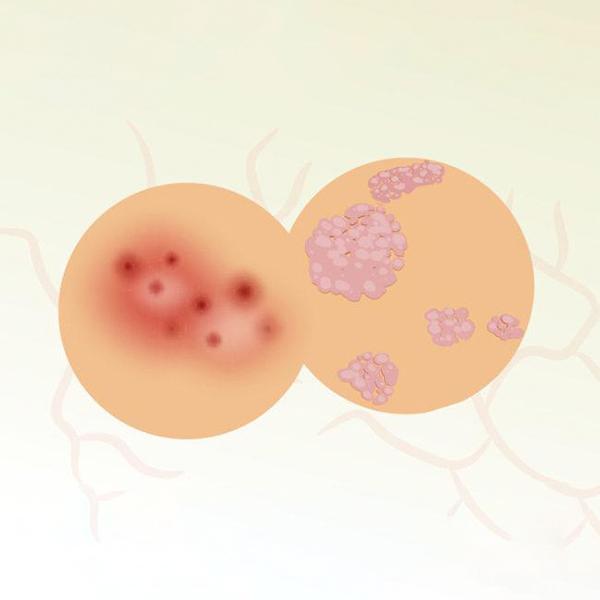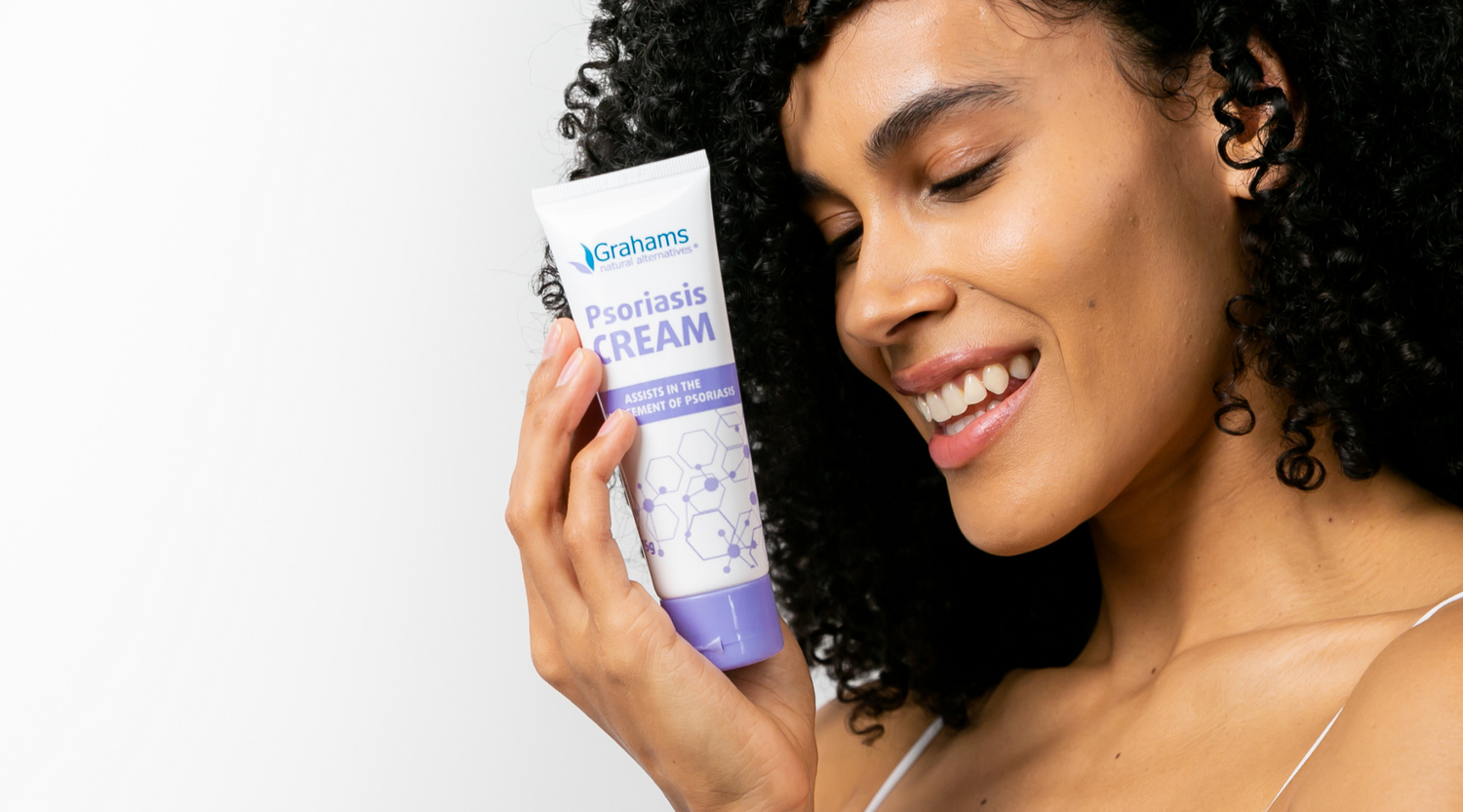Due to their likeliness, psoriasis and eczema can be hard to determine. However, for the proper management of each condition, it is super important to be able to detect a difference between the two.
What is Psoriasis?
Psoriasis is a common chronic inflammatory skin disease that is usually characterised by raised itchy plaques that creates redness on the skin and is covered with thick silvery scales.
It is usually found on the knees, elbows and scalp, but can also affect the nails and legs.
What is Eczema?
Eczema or atopic dermatitis can also be a long term skin condition.
Someone who suffers from eczema has a gene variation that affects the skins ability to protect it from bacteria and allergens. This results in the skin overreacting to certain triggers such as dust, body products, detergents, animals etc.
Eczema is most common in children under the age of 5 but may continue into adolescence years or adulthood.
Patches of skin may become red, inflamed, itchy or cracked. This is usually accompanied by hay fever or asthma. Weeping may also occur, which is usually a sign of an infection.
Eczema can be present anywhere on the body and is characterised with intense itching. Most topical ointments can reduce this discomfort.
Psoriasis Treatment
Every person who is dealing with psoriasis is different, due to the fact that people are different and the fact that there are many different types, it is highly recommended to consult a doctor before starting treatment. Dermatologists will usually conduct different types of treatment for specific patients, this will depend on the severity of psoriasis, age and where it located on the body. Generally speaking, it is highly recommended that the use of moisturisers and bath treatments are used. Using these treatments will allow you to ease the dryness, reduce redness and soothe skin plaques. Topical ointments also help to lower irritation, inflammation, reduce skin accumulation and improve the physical appearance of the problematic area. However, some of these ointments can cause long term side effects on the skin, which is why we always suggest our psoriasis cream for a natural option!
Eczema Treatment
Unfortunately there is no cure for eczema, but there are many topical emollient creams we can use to reduce the discomfort. In most cases, doctors will prescribe corticosteroid pharmaceutical drugs for eczema which in the short term may be beneficial as the science behind the cream shows they work in controlling the inflammation and taking the itch out of the skin, however long term use of these creams can have huge side effects to your skin. Some of these include, increased skin sensitivity, thinner skin (very easily bruised), weight gain etc.
Our suggestion for controlling eczema naturally is using our C+ Cream in conjunction with the Grahams Body & Bath Oil. These two products work by coating the skin with the Oil to hydrate and create a barrier on the skin, whilst the cream works to fight inflammation with the powerful herbs (Calendula, Gotu Kola and Propolis) and control bacteria (Manuka Honey). The main thing to note with eczema is to know your triggers! By knowing this you are able to stay clear of the things that could be making your flare ups worse.





